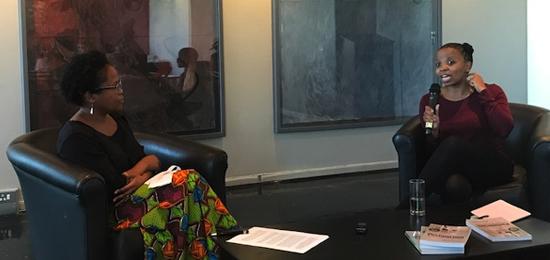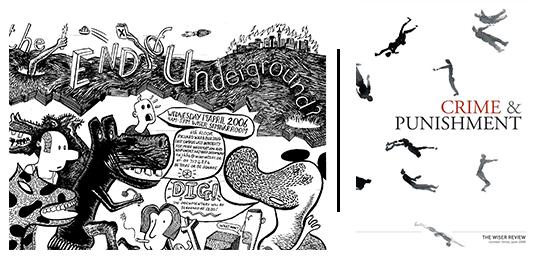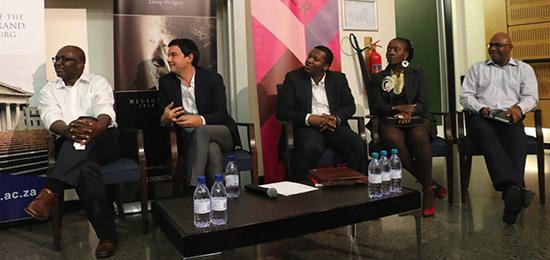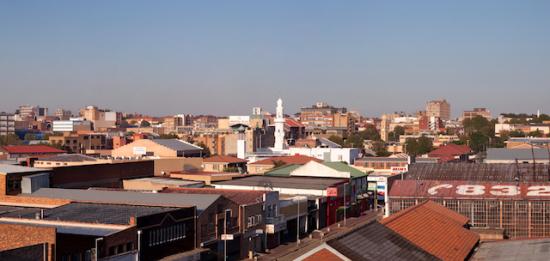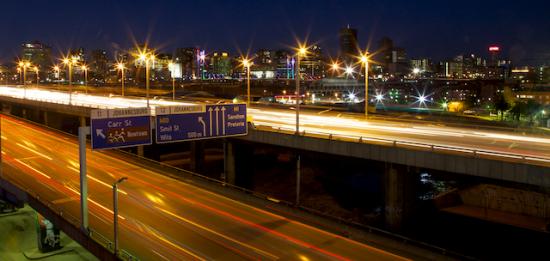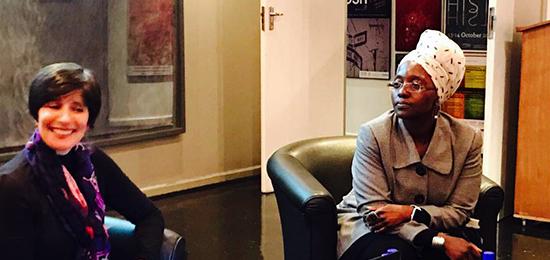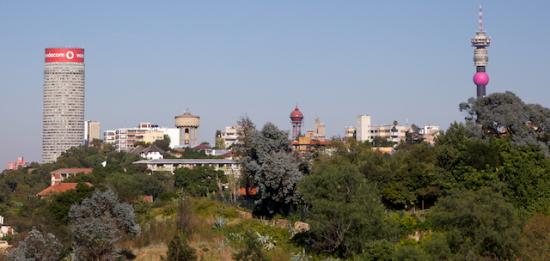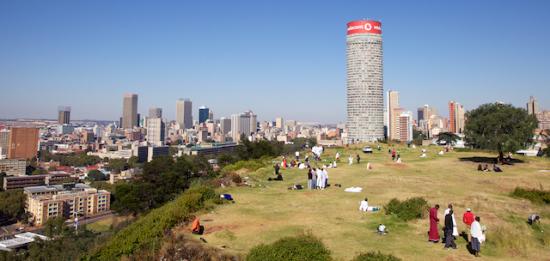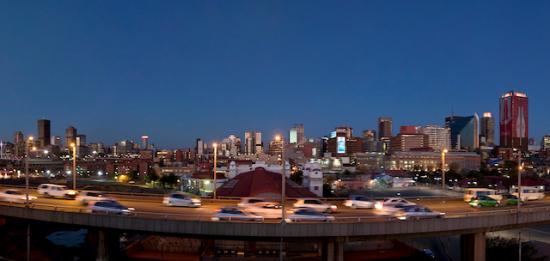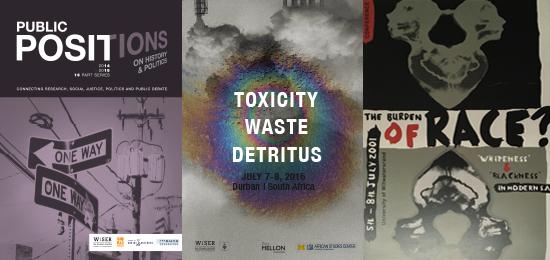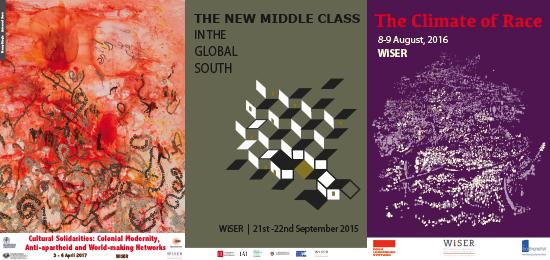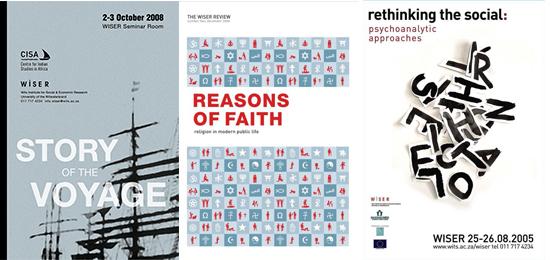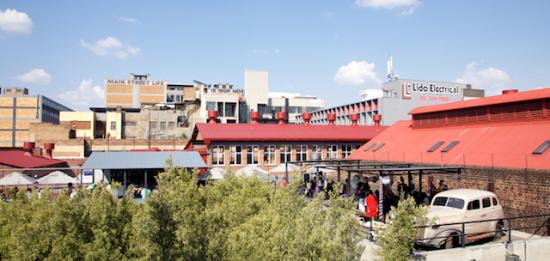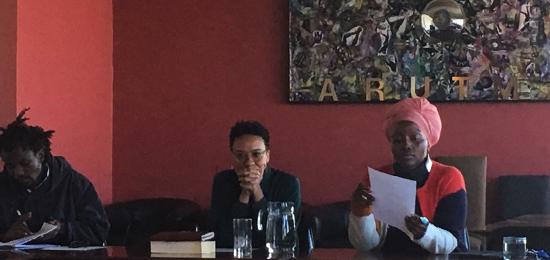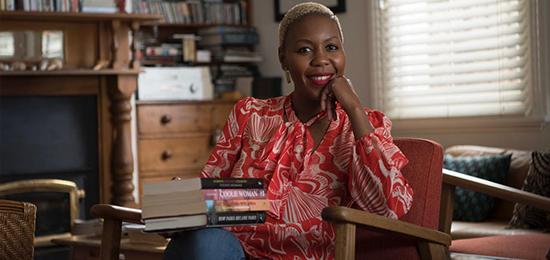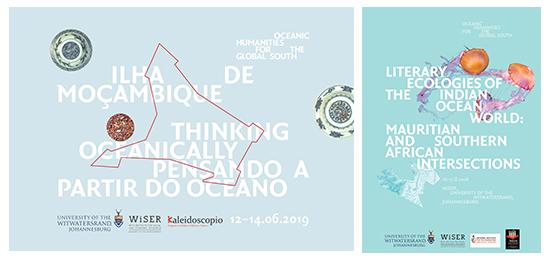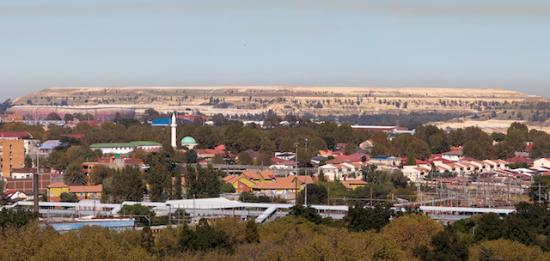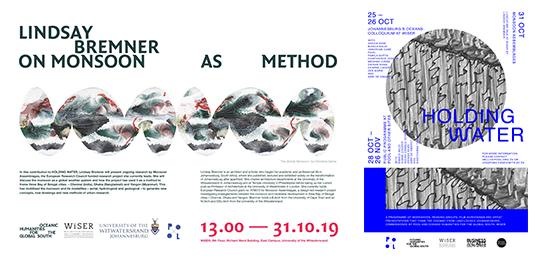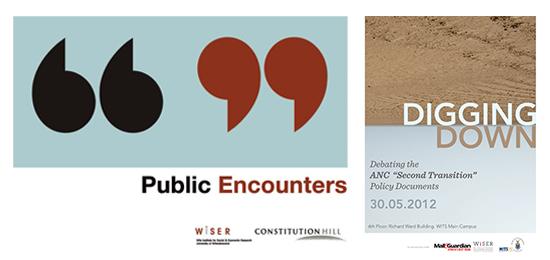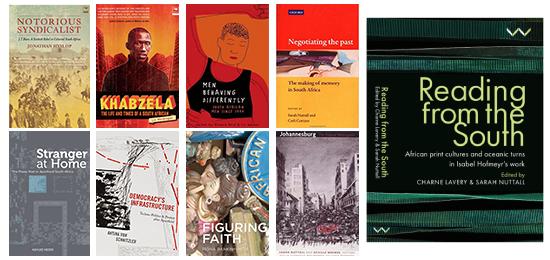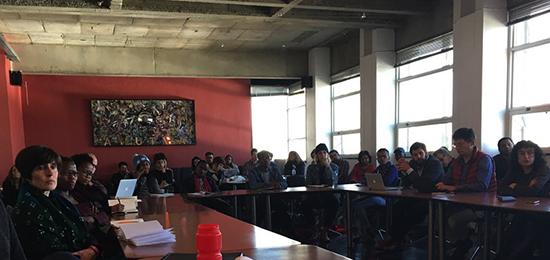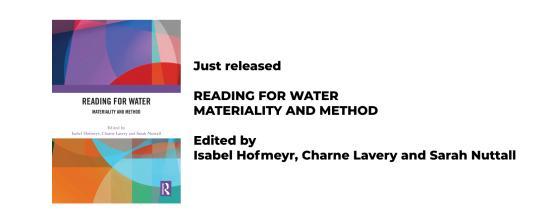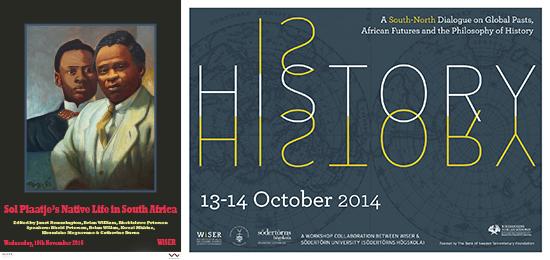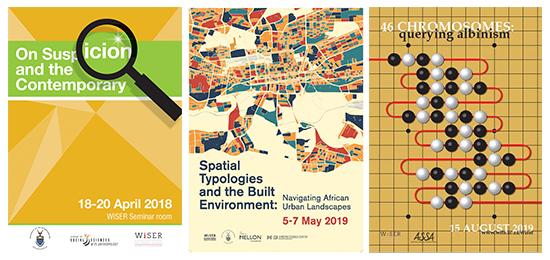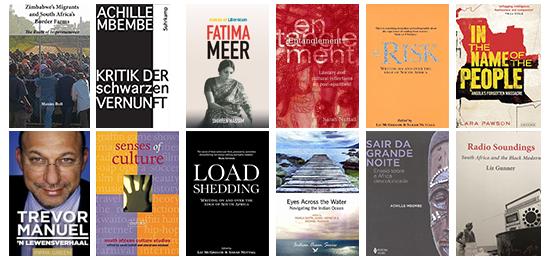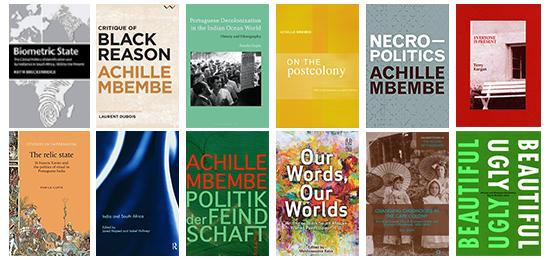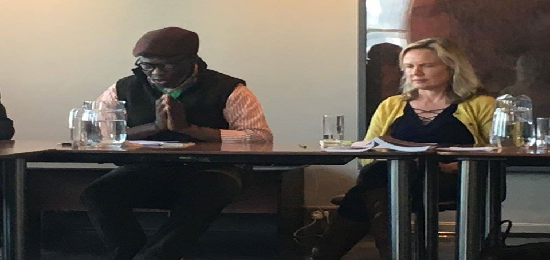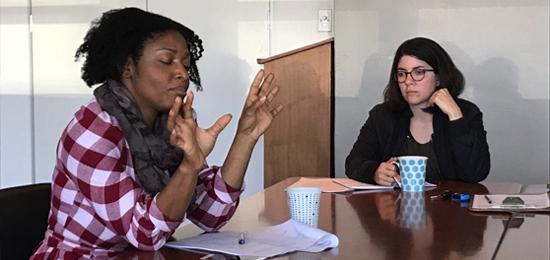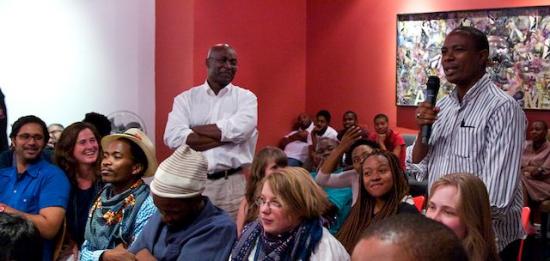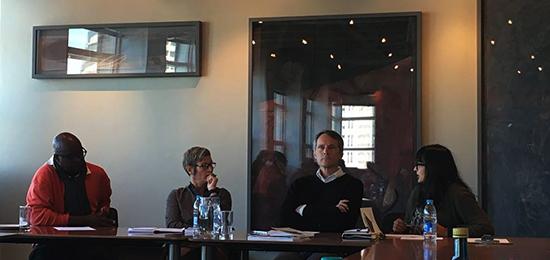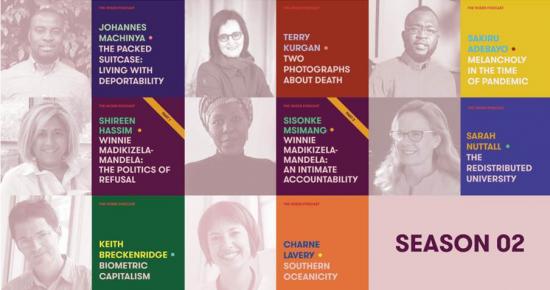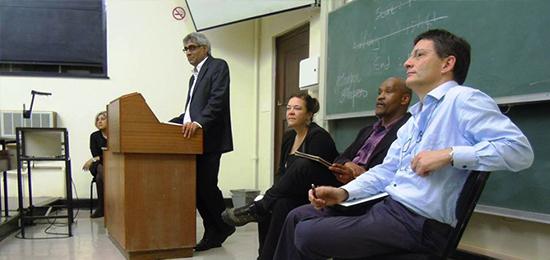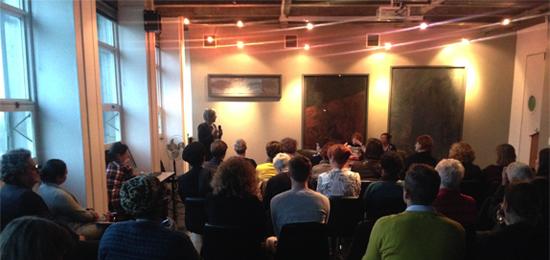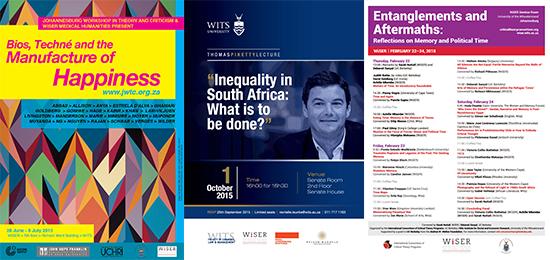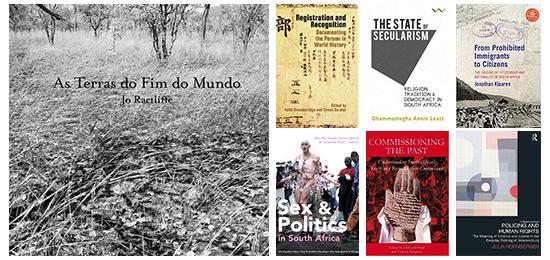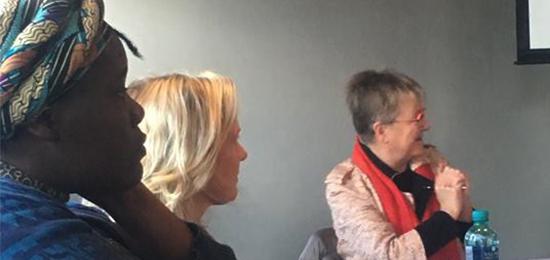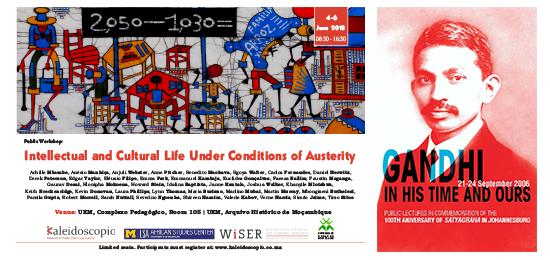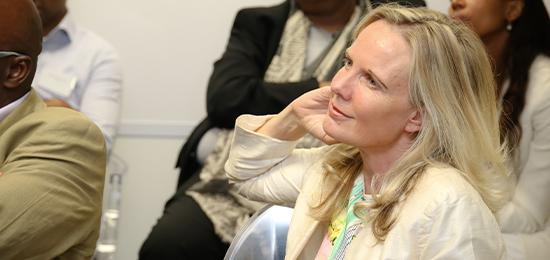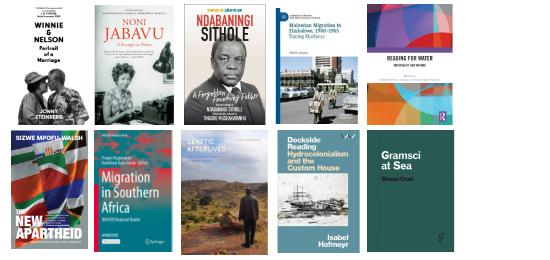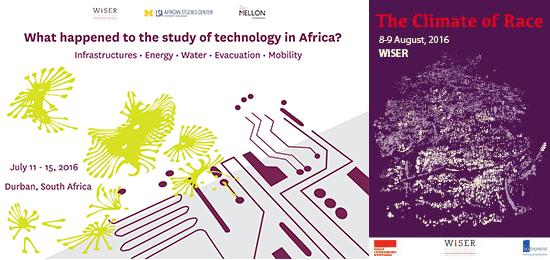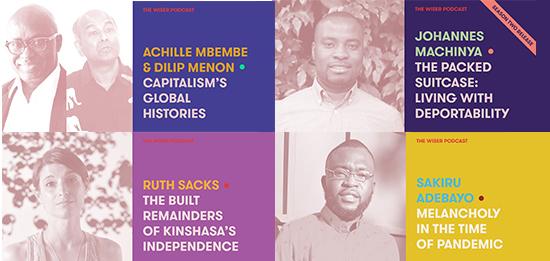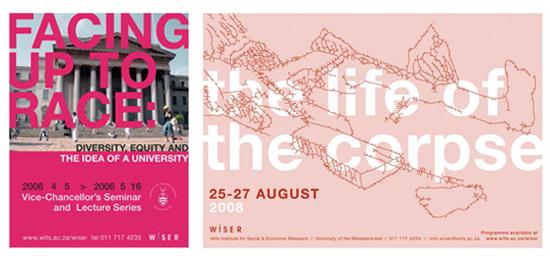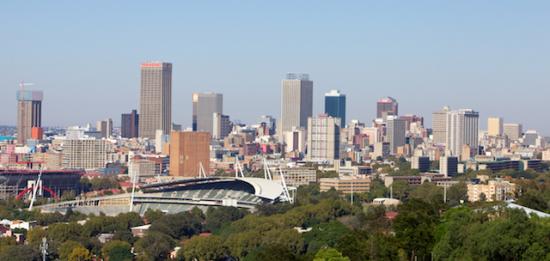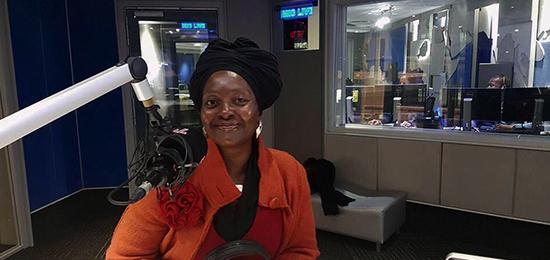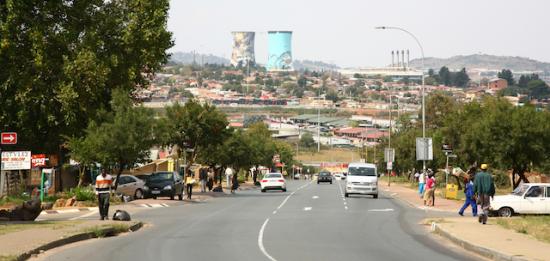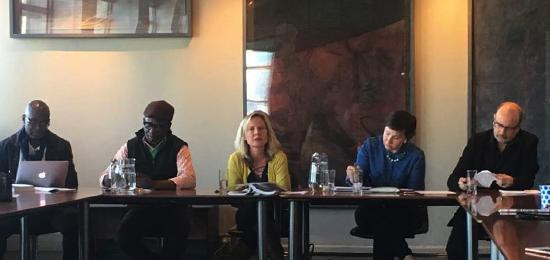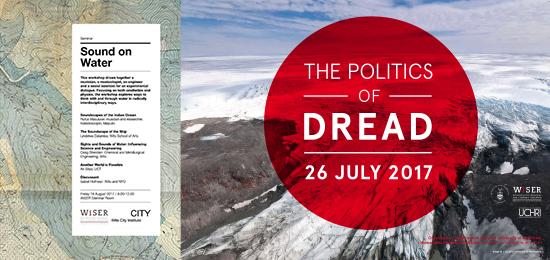WIPES | Seminar with Adam Tooze on Political economy of anthropocene: Climate crisis v. Covid-19 | Wednesday, August 12 : 4pm
Political economy of anthropocene: Climate crisis v. Covid-19
Seminar with Adam Tooze based on the attached readings.
Date: Wednesday 12 August, 2020. Time: 16h00
Zoom details will be posted here closer to the time.
Questions
[Jonathan] Can you say a bit more about the apparent line that the Fed crossed in buying corporate debt? At pp. 41-42 of our selection of readings, you give the sense that here is Powell coming out of the “shadow” of Bernanke and taking an even higher political risk. Yet this event doesn’t seem to play too much of a role (at least yet) in this of course still-emerging emerging economies story you tell throughout the selection. Perhaps, going back to Max Bolt’s question about the senses of politics in Crashed, you can address whether there is/was any distinctive political risk in the Fed crossing the line into the corporate debt market in late March?
[Karl1] In your article on central banks you demonstrate how the changes in national and global political economies, and the role they are called on to play, has dramatically changed from the situation in the 1970s and 1980s in which their current mandate was established - a shift not understood by the parties and constituencies of 'austerity'. Likewise in your most recent article in the LRB you commented that recent books on China and its increasing tensions with the West appear immediately outdated by the rapid escalation of strategic geopolitical rivalry. These two comments point towards the lag between institutional cultures and understandings, and the current and emerging realities. The same goes for the abilities of intellectuals (I include myself here) - the authors of books and articles -to truly grasp emerging realities. (Our Minister of Finance and Governor of the Reserve Bank display exactly this kind of out-of-joint thinking about the current crisis in South Africa) Which takes me to your talk on the political economy of the anthropocene, and the question of why we didn't see the pandemic coming - and of course why responses to the climate emergency lag so far behind what is required. It often seems that our species, and the kinds of institutions and societies it has been able to create, are intrinsically poorly adapted to respond to future dangers. Our patterns of thinking, and patterns of activity, tend to be held hostage by the past. Have you any thoughts on this?
[John1] 1. Job losses and strong income declines associated with COVID-19 have led to renewed demands for a basic income grant in South Africa and was raised by the Minister of Social Development in a recent briefing. A basic income grant was also a prominent demand form civil society in the 2000 after being proposed in government committee on social protection in 2002 (Taylor Committee). Your discussion of the carbon tax/dividend strategy (“Why central banks …” p.14) suggests an option or part option to financing such a basic income (the carbon tax) which I do not believe has been mentioned in South Africa yet. Coupling a basic income with the carbon tax would also expand the rationale for such a basic income, taking it as part of a system incentivising adjustment to climate change and of dealing with some of the negative distributional consequences of the low-carbon transition. Seeing the basic income as a carbon dividend could make it central not only to poverty relief and supporting human capital allocation but also a key part of climate policy. Has the world seen other examples of imaginative coupling or synergising climate and social/anti-poverty policy? Would such a carbon dividend/basic income strategy enable stronger coalitions , or is it bound to fail because it would be so strongly resisted by conservatives (mobilising the “powerful enemies” of “How climate change has supercharged …” p. 19)?
John2. You point out on p.46 that even at the height of the Washington Consensus the state was active as “creator of markets, or a distributor and enforcer of property rights”. This perspective seems to refer to the work of Mariana Mazzucatto (market creation) and Katharina Pistor (manipulation of property rights), or are there wider literatures you have mind? Are these views (state as market creator/manipulator of property rights) generally accepted, part of the conventional economic wisdom. My sense is that these ideas may have some hold in the Institute for Alternative Economics but would be firmly rejected in policy-making circles, especially the Treasuries and Central Banks. Am I mistaken? If these are the state functions that really drive development and distribution how can they become more explicit and important in fighting climate change and epidemics? Is this where “more active, more visionary government” (“The normal economy …” p.64 ) would go? Could you expand a bit on why you see debt fear-mongering as “class politics” and “wealth defense”? High levels of debt have preceded huge fallouts and socio-economic decimation (Greece, for example) and South Africa seems to be advancing well down that path. South African fiscal researchers recently remarked that: “Once the {COVID-19] dust starts to settle, we will be faced with a poorer economy, significantly higher debt and interest costs, and legitimate spending pressures. These will mix with a structural deficit that both fails to adequately finance the social and economic needs of the country and stabilize debt. The anatomy of fiscal collapse is well understood, and the South African path is beginning to look like one that has been trodden by other countries such as Argentina, Venezuela, and Zimbabwe.”
[Laura] In your Guardian piece on April 27, you suggest that it is often the case that ‘the politics of debt are the politics of wealth cloaked in the politics of fear.’ But, as you also point out, since 2008, there has been a new type of thinking by some officials about the possibilities of central banks and the role of debt in national economies. To what degree can we discern different kinds of ‘debt politics’ operating today and how varied is the thinking about debt by high ranking officials? I ask this question with South Africa in mind – where a lot of our debt is denominated in Rands but, for example, our Finance Minister has recently been criticised for adopting an austerity budget and regularly using language that mirrors the IMF in the 1990s - but to put our situation in context, I’m interested to know how hegemonic austerity policies are today and hear more about how national differences shape ‘the politics of debt.’
[Max] My question reprises the concern in Crashed with ‘politics’, which I asked about in the first session. Then, you offered the thought-provoking response that we learn a lot by tracking shifts in what counts as political. That framing is clearly helpful in your more recent dual focuses on climate change and covid. We have, of course, seen new vistas open up in what is up for debate, and new ‘events’ that shake up systemic arrangements. But these have also been accompanied by careful attempts to present contingent decisions as the direct result of expertise. How might ‘political theatre’, on the one hand, and the public assertion of unavoidable forces, on the other, help us understand the anthropocene dynamics that you trace?
Vin1. One of the biggest events of this annus horribilis might well be the spectacular failure of the Sanders Campaign. Indeed its failings appear even more notable a failure than that of Corbyn. It further adds to 'left' failures everywhere else: Brazil, India, Poland, France, etc. But sticking to the US, where the admittedly puritanical though momentarily successful left, averse to corporate donors and determined to reconfigure the electoral map by identifying its neglected quarters, this failure is particularly remarkable. In the context of your excellent critical review of Lievin's imagined Democratic Party "featuring Theodore Roosevelt in rough rider regalia and Eisenhower as the commander of the D-Day landings" it is nonetheless unclear what version of a Democratic Party you envisage successfully unifying the significantly disparate elements of America's left and more importantly - what version of the Democratic Party can successfully win. While this was outside the scope of that review, would you care to sketch what such a collective might look like - especially if post-November America is faced with either a resurgent know-nothing, white Nationalist right wing of the GOP or indeed a centrist Democratic White House, supported by a likely evenly split house with a possible GOP majority?
Vin2. The Covid crisis has forced a profound reflection of state (in)capacity the world over. Attempts have been made, notably by Pankaj Mishra, to understand this as a clash between the Bismarckian 'social state' (to be found in Germany, Japan, Taiwan possibly even China) and the privatised, Reagan/Thatcherised models of Anglo America and many of its ardent neoliberal pupils. It appears that a contemporary characterisation of this clash might also include a combination of muscular exercise of state power (somewhere on the China spectrum) and a nativist response ( Modi/Trump/Bolsonaro/Duda ) which envisages a crudely constructed 'us' against a vilified 'them'. Add to that, the potent calls for a clear reckoning with historical injustice, and it seems we are headed for a significant contest of what the state means, who it remains responsible towards, and how it is constituted in the future. From your vast oeuvre encompassing geopolitics, finance and much else, how do you see us bringing together these atomised visions of the state that undoubtedly protect some jobs and livelihoods for economically vulnerable and politically powerful polities, while also bringing some urgency to the collective struggles that confront us: climate change, the threat of other pandemics, and so on?
[Keith] Without detracting from what I think is a monumental achievement, I wonder how to include the economic history of the African continent in the geopolitical history that you present, including your current analyses of the politics of climate change and post-covid indebtedness. Demography, linked to migration, and their disruptive effects on the European political settlements is one possible route to do this. Demographic declines may be as important as the current and predicted growth on this continent. The overlapping burdens of disease – and the politics of the visibility of covid (aside from SA most African countries have very few cases) – may be another. The strange South African history within global finance might work better (without helping much for Nigeria or Ethiopia). It’s intriguing how systematically the South African history under Bretton Woods, and the preceding gold standard (which was very prominent in Hobson and Arendt) has been dropped from IPE and all the intellectual and economic histories (Skidelsky, Blyth, Helleiner). This might be because Keynes, Friedman and even Hayek all hated the difficulties of physical gold and the brutality of South African gold mining. They wanted automaticity, without being able to imagine the gigantic structures of global financial plumbing that you’ve described. We’ve lived with mad gold bugs most of our lives, but I wonder if we aren’t at the point where the automaticity and scale have become structural problems, and combined with the likelihood of the political remedies you describe, that are driving the bond vigilantes back to gold. If gold does stay above $2000 an ounce, the Rand price will have more than doubled in the space of little more than a year – off an already high base. That has happened before here – in 1932, 1949, 1974 and 1980 – with strong, and distorting effects on our economy. The mines do confront many problems (some new ones), but the Rand is most likely to weaken further. My question is less about whether we should all go out and buy gold, but rather why the tedious South African obsession with metallic money (most of the world’s gold is still in the ground here) isn’t a clearer part of this global history.
[Karl2] Arising from our reading of Crashed, and our discussion with you, my overall sense of the world was that the unfolding of the series of financial crises revealed the global financial inter-connectedness of the three main economic blocs which ultimately compelled each of them to do what was necessary so that, practically speaking, their actions were more or less co-ordinated, even if in the case of the EU they had to be dragged kicking and screaming to that conclusion. The series of articles you have provided as reading material, together with the news one reads every week, gives a different impression: in the face of an interwoven public health and economic crisis that is quite obviously unprecedented and global in nature (perhaps unlike the 2008-2012 financial crisis, which was not so obviously global) the relations between the main economic blocs, and between their component elements, has become more fractious and competitive, and even hostile, than they were in the financial crisis. As you wrote in your Foreign Policy article on the emerging market crisis, 'the world was coming apart' even before the coronavirus, a trend which has accelerated. And as you wrote in your most recent article in the LRB, the tensions between the US and China are not so much the tensions of trade competition, but rather of a geopolitical strategic nature. Add to this situation the reality that the contestation over debt and sustainability is likely to be 'ugly' (63) – both domestically and in the international sphere - it is very difficult to see a coherent global response emerging. Certainly one sees in this the slow motion breakup of the old global political order, and the processes of contestation and realignment that marks the emergence of a new global political order defined above all by the emergence of China as an economic and geopolitical superpower. This does not seem promising for the two major global challenges humanity faces - that of social and economic recovery from the current economic crisis, and linked to that an adequate economic transformation in response to the looming climate crisis. The US is wracked by its domestic political and public health crises. China as you write seems to be in a particularly difficult economic position, both because of the US (Huawei etc) and because of the vulnerability of its belt-and-road investments and loans, as well as being embroiled in a large number of complex regional conflicts. Only the EU appears to have managed a coherent response in the form of fiscal expansion. What then is your sense of 'how the world economy [is likely to be] put back together again'? (60)

